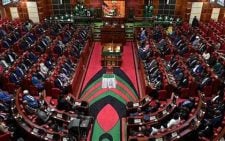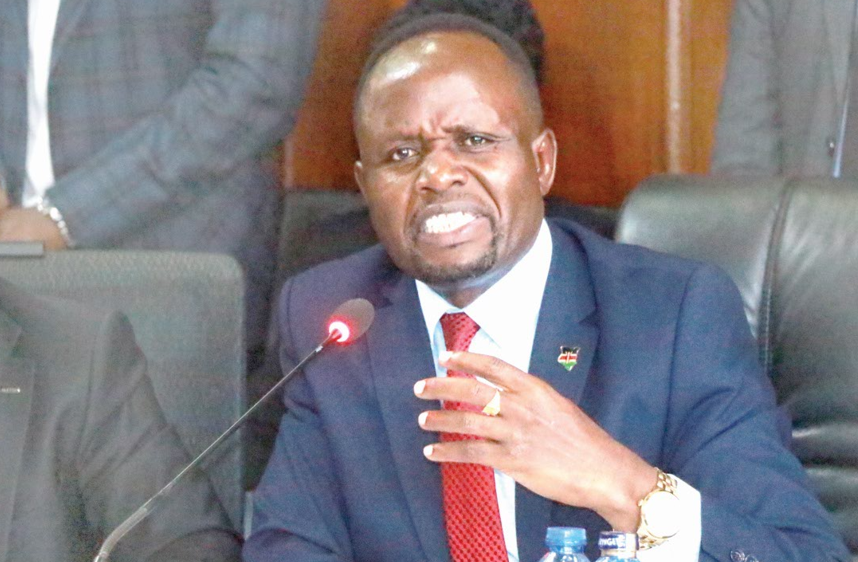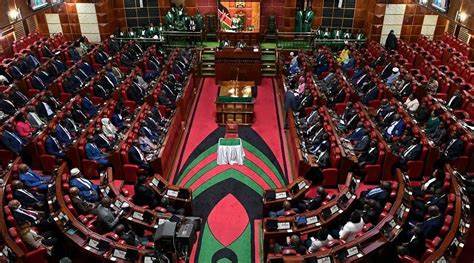Kakamega tops four counties on gender violence list of shame

Among four counties surveyed, gender-based violence (GBV) is most prevalent in Kakamega, with more than 50 per cent of women reporting they had experienced physical, sexual or emotional abuse, a new survey shows.
The survey by the International Care for Reproductive Health Kenya (ICRH-Kenya) names and shames four counties where GBV is more prevalent in Kenya, indicating that these forms of abuse persist in the country.
Neighbouring Bungoma follows with 47.4 per cent, while West Pokot in the North Rift ranks third at 44.3 per cent.
Forms of abuse
Kiambu is fourth on the list at 25. 8 per cent despite its proximity to the capital Nairobi, where public awareness levels are highest in Kenya.
“Four in 10 women experienced different forms of GBV between January to December 2023,” the report says, translating to an estimated 39 per cent of Kenyan women.
Physical, sexual and emotional abuse persists despite continuing efforts to address the issue.
The survey, carried out by ICRH-Kenya, the Ministry of Health and other stakeholders, was conducted to gauge the prevalence of GBV in the four counties.
“Sexual harassment remains the most prevalent form of abuse, with 47 per cent from the four counties having experienced [it],” the report says.
Financial abuse
Physical violence is also prevalent in these regions, with 34 per cent of women between the ages of 15 and 49 reporting experiencing it. And this makes it one of the most commonly reported types of abuse.
Many of these women also experience intimate-partner violence that has seen a rise in financial and technological abuse, which mostly occurs when perpetrators want to restrict or be in control of their women’s finances and decision-making.
Some 22 per cent of women with partners have experienced economic abuse in various forms, including being forced or coerced into taking loans by their husbands.
“They also reported that many husbands forcefully ask for money, while other women are forced to quit their jobs, which typically ends their cash flow,” the report says.
Privacy breaches
On technology being used as a tool of abuse, women have reported being stalked, monitored and controlled by their partners. For instance, most women reported that they were forced by their partners to give them passwords, a breach of their privacy.
“At Kenyatta National Hospital’s GBV Centre, 75 per cent of those seeking help are women and girls facing serious health consequences. GBV services are free, but how many girls know this?” said Prof Ann Kihara during the PMA Agile 02 Project launch.
She added: “We must confront GBV and say no to violence against women.”
In response to the survey findings, Kakamega Woman Rep Elsie Muhanda cited the urgent need to empower women, emphasising that this is crucial in ending GBV.
“I am also urging political leaders to enact stringent laws and penalties against GBV offenders,” she said.









